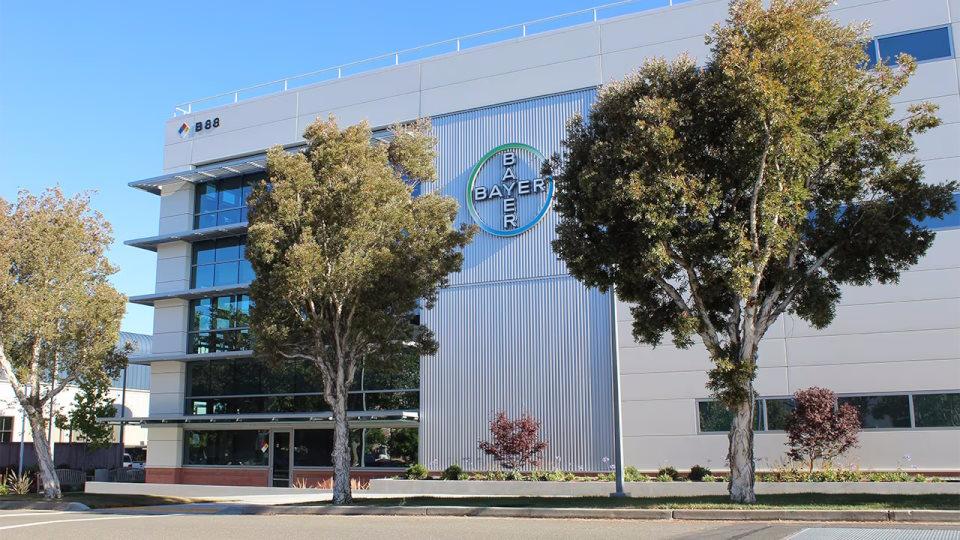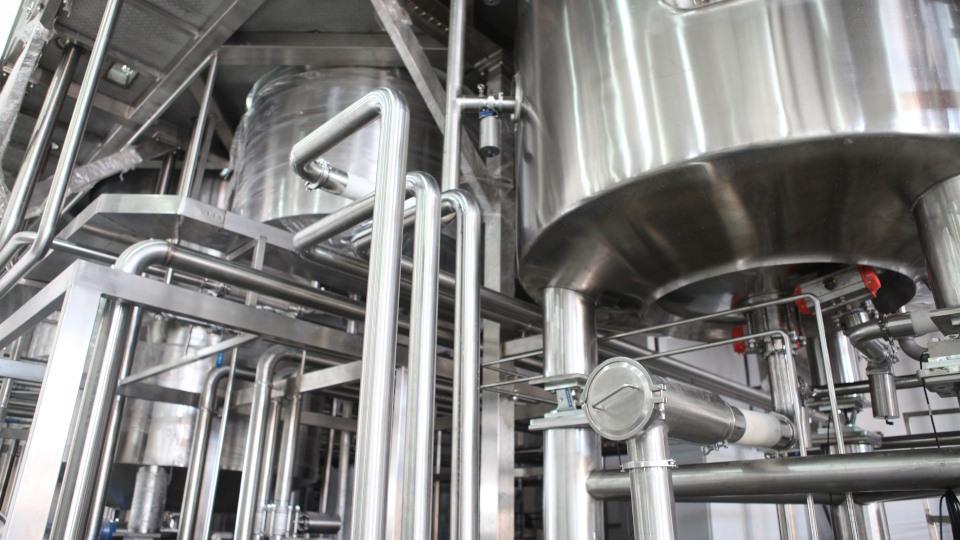Bayer backs cell therapy ambition with $250m US facility

Bayer is backing up its move into the cell therapy category led by subsidiary BlueRock Therapeutics with a $250 million investment in a new manufacturing facility in Berkeley, California.
The newly-opened Cell Therapy Launch Facility will provide cell culture, viral transduction and automated filling of cell therapies, as well as process development, analytics, and clinical to commercial production, said Bayer.
According to the company, the facility will help to bring cell therapies to patients on a “global scale” and is part of an ongoing transformation of Bayer's fast-growing 46-acre Berkeley campus, which has seen investments reach $500 million over the past five years and staffing levels rise above 1,000.
Overall, Bayer plans to spend $1.2 billion in Berkeley over the next 30 years, in addition to its investment in the Cell Therapy Launch Facility.
The first therapy to make use of the new unit will be BlueRock’s experimental Parkinson’s disease therapy bemdaneprocel, currently in a phase 1 trial.
Bemdaneprocel is administered by surgical transplantation into a part of the brain known as the putamen, in the hope of grafting dopamine-producing cells that can bolster the depleted levels of the neurotransmitter seen in Parkinson’s.
The ongoing trial has already generated preliminary evidence for the safety and tolerability of the treatment and has shown that the implanted cells are surviving and growing in the brain, along with very early signs of clinical improvement.
Assuming all continues to Bayer’s plan, the Berkeley facility will help supply the larger volumes of bemdaneprocel required for larger-scale, proof-of-concept testing, as well as commercial supplies if it gets regulatory approval. A phase 2 study has been scheduled to start in the first half of next year.
“This new facility ensures our investment in cell therapies can become a reality for patients around the world,” said Bayer’s pharma chief Stefan Oelrich.
“Cell therapies represent an important opportunity to treat diseases differently by targeting the underlying cause or enabling the human body to restore vital functions.”
Berkeley has been a primary site for making Bayer’s complex recombinant protein therapies for many years, mainly for its haemophilia franchise, but is steadily transforming and modernising to focus on emerging areas like cell and gene therapies.
Bayer launched its cell and gene therapy business in 2020, jump-starting its activities in the area with acquisitions, including the $2 billion takeover of gene therapy specialist AskBio and $240 million purchase of BlueRock.












